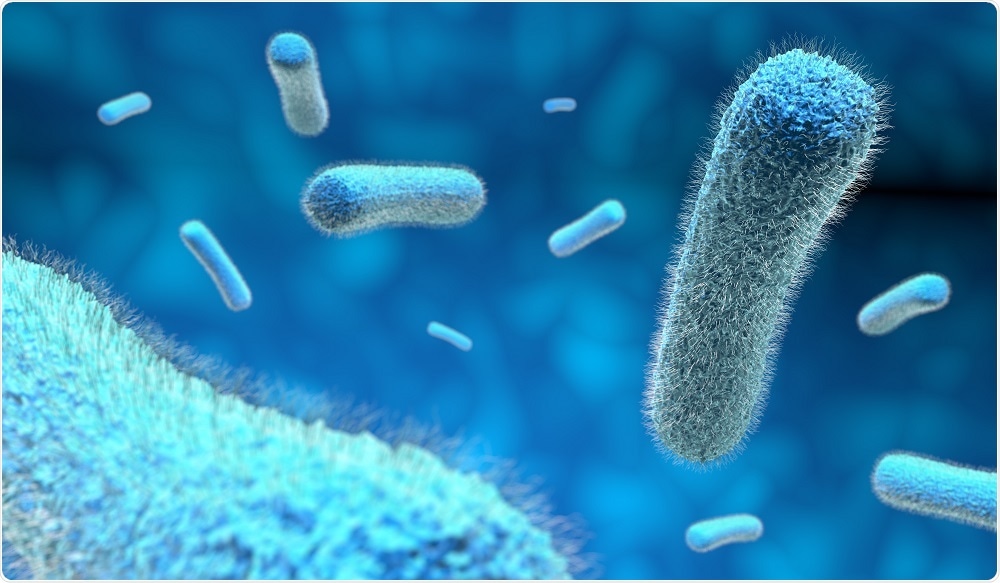Researchers at the Baylor College of Medicine have identified the mechanism by which good bacteria (microbiota) help maintain a healthy intestine.
 Image Credit: paulista / Shutterstock
Image Credit: paulista / Shutterstock
The study, which was recently published in the journal Immunity, shows that the microbiota balance intestinal immune responses and protect against inflammation through their interaction with epithelial cells and immune cells.
The findings suggest that manipulating these good bacteria to minimize the immune responses could benefit individuals with conditions such as inflammatory bowel disease.
Study author Gretchen Diehl says microbes such as salmonella prompt a strong inflammatory immune response that is designed to eliminate the microbe, but that this response can also damage healthy tissue.
Microbiota help tone down this response by triggering antigen-presenting cells (APCs) to release the cytokine IL-10, which regulates T cell responses to prevent inflammation occurring.
The result, says Diehl, is a balanced response that still can fight off an infection like Salmonella, but that is regulated to prevent damage to the healthy intestinal tissue.
Here we defined a role for the microbiota in modulating the immune response in a way that reduces inflammation and limits the damage it can do to the gut."
Gretchen Diehl, Study Author
To find out how the microbiota trigger this response, Diehl and colleagues investigated what happens when they administer antibiotics to laboratory animals. The team found that among animals given the antibiotics, APCs failed to produce IL-10.
The researchers transferred the bacteria back into the animals’ intestines and found that only the bacteria that were able to interact with the intestinal epithelial cells could trigger antigen-presenting cells to produce IL-10.
It's somewhat counterintuitive because microbes that can attach to the intestinal epithelium are thought of as pathogens that can potentially cause disease.
But in this case, we found that the attachment of bacteria to the epithelium was not causing disease; on the contrary, it was necessary to promote a balanced regulation of the T cell responses and helped protect the gut."
Gretchen Diehl, Study Author
The researchers will now explore the signaling pathways that become activated once bacteria attach to the epithelium, in the hope of identifying new pathways that can be manipulated to balance the immune response.